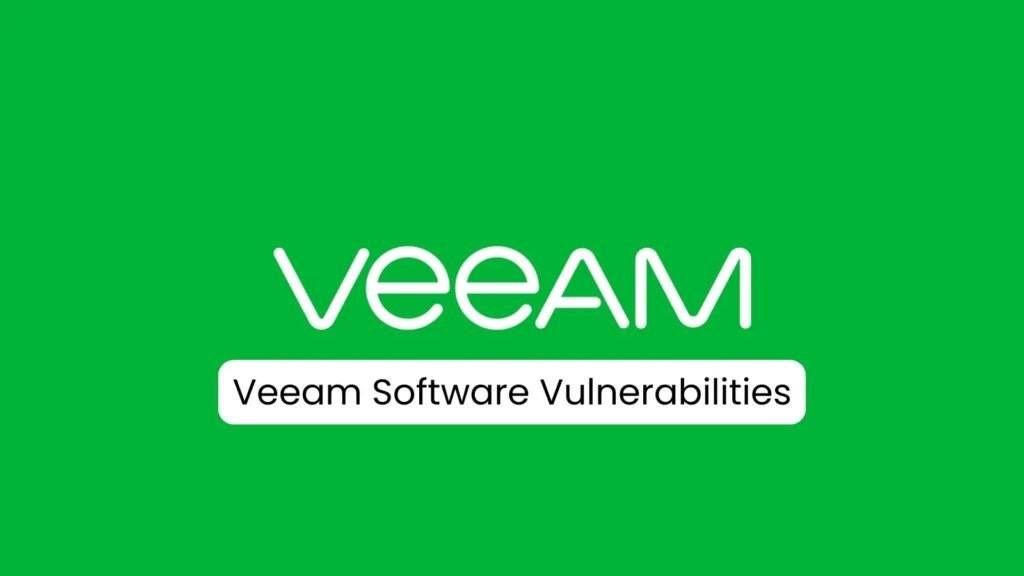Veeam Software, a renowned provider of data protection solutions, has recently disclosed the discovery of several critical and high-severity vulnerabilities in multiple products. These vulnerabilities pose significant risks to users, highlighting the importance of immediate action to safeguard systems.
Key Vulnerabilities and Their Impacts
The identified vulnerabilities are as follows:
- CVE-2024-40711: A critical vulnerability enabling remote code execution (RCE) without authentication. This vulnerability has a CVSS score of 9.8, indicating its severity.
- CVE-2024-40713 and CVE-2024-40710: High-severity vulnerabilities allowing low-privileged users to modify multi-factor authentication (MFA) settings and execute remote code, respectively.
- CVE-2024-39718: A vulnerability allowing low-privileged users to remotely delete files, with a CVSS score of 8.1. Additional vulnerabilities were also identified, including issues related to TLS certificate validation and local privilege escalation.
Affected Products
The following Veeam products are affected by these vulnerabilities:
- Veeam Backup & Replication
- Veeam ONE
- Veeam Agent for Linux
- Veeam Service Provider Console
- Veeam Backup for Nutanix AHV and Other Plug-Ins
Solutions and Updates
Veeam has released software updates to address these vulnerabilities. Users are strongly urged to upgrade to the following versions:
| Product | Version |
|---|---|
| Veeam Backup & Replication | 12.2 (build 12.2.0.334) |
| Veeam Agent for Linux | 6.2 (build 6.2.0.101) |
| Veeam ONE | 12.2 (build 12.2.0.4093) |
| Veeam Service Provider Console | 8.1 (build 8.1.0.21377) |
| Veeam Backup for Nutanix AHV and Other Plug-Ins | Included with Veeam Backup & Replication 12.2 |
Mitigation and Recommendations
To mitigate the risks associated with these vulnerabilities, Veeam recommends the following actions:
- Update all affected products to the latest versions immediately.
- Implement strong authentication measures, such as multi-factor authentication.
- Monitor systems for suspicious activity and be prepared to respond to security incidents. * Review and implement security best practices, such as firewall configuration and patch management.
- Consider using a threat intelligence solution to gain insights into potential threats.
Conclusion
The recent discovery of vulnerabilities in Veeam Software products underscores the importance of proactive cybersecurity measures. By understanding the impact of these vulnerabilities, implementing the recommended updates, and following best practices, organizations can safeguard their systems and data from potential threats. Veeam’s commitment to security and its ongoing efforts to mitigate risks are crucial for protecting the integrity of its customers’ IT environments.
